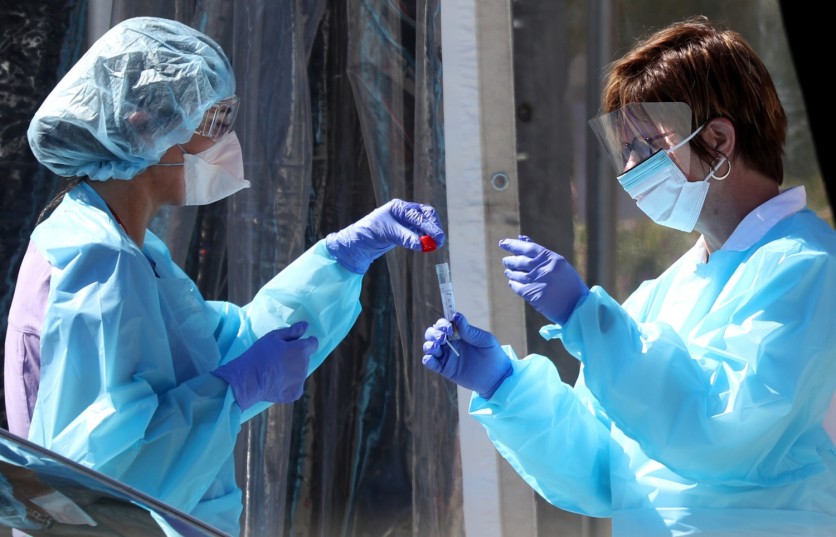Jennifer Doudna, co-developer of the controversial Crispr-Cas9, has recently published a research showing a new type of COVID-19 test that detects virus within five minutes. Using your mobile phone, Doudna reveals that this new method can identify, not just positive or negative results, but the exact number of viruses inside the patient's body.
How to know if you're COVID-19 positive or not?

South China Morning Post reports that a team of California-based researchers, led by recent Nobel Prize winner Jennifer Doudna develop a new COVID-19 test that could detect virus in five minutes.
One of the most challenging parts in curbing the pandemic is the lack of faster realible Coronavirus test. Normally, in US nasal swab-testing, the average waiting time for the result takes more than four days, even max to 10 days.
The research shows a concerning information about swab-tests being unrealible with its results. Most doctors prefer polymerase chain reaction (PCR) tests, but peer-reviewed studies have suggested that up to 30 per cent of PCR tests are inaccurate.
These issues are what Doudna wants to remove.
RELATED ARTICLE: Women Developers of 'Crispr-Cas9' That Allegedly Alter Genes of Unborn Twins Get Nobel Prize
How does it work?

In her research paper published on Sept. 30, it was announced that their new COVID-19 test shows successful results from the past tests.
The new test, which hasn't named yet, uses a mobile phone camera and a portable device fitted with low-cost laser illumination and collection optics, avoiding the bulky laboratory equipment currently being used worldwide.
"The choice of a mobile phone as the basis for our detection device was motivated by the high sensitivity of current mobile phone cameras, the simplicity of integrating a mobile phone for detection, their robustness and cost-effectiveness, and the fact that they are widely available today," the researchers said.
Doudna and her team uses the controversial Crispr gene-editing tool to detect the virus. This tool detects the virus much easier as it no longer amplifies the DNA, which results to faster and more accurate test result.
Not only does the test knows whether a patient is virus positive or not, it also provides info of how many virus particles is in a sample.
"None of the current rapid testing options provide quantitative results, which could help evaluate an individual's level of infection and progression of disease," the paper said.
To clarify, this study is still not peer-reviewed by any experts.
ALSO READ: Scientists Can Now EDIT Your Brain Using the New Gene-Hacking Injection
This article is owned by Tech Times
Written by Jamie Pancho
![Apple Watch Series 10 [GPS 42mm]](https://d.techtimes.com/en/full/453899/apple-watch-series-10-gps-42mm.jpg?w=184&h=103&f=9fb3c2ea2db928c663d1d2eadbcb3e52)



